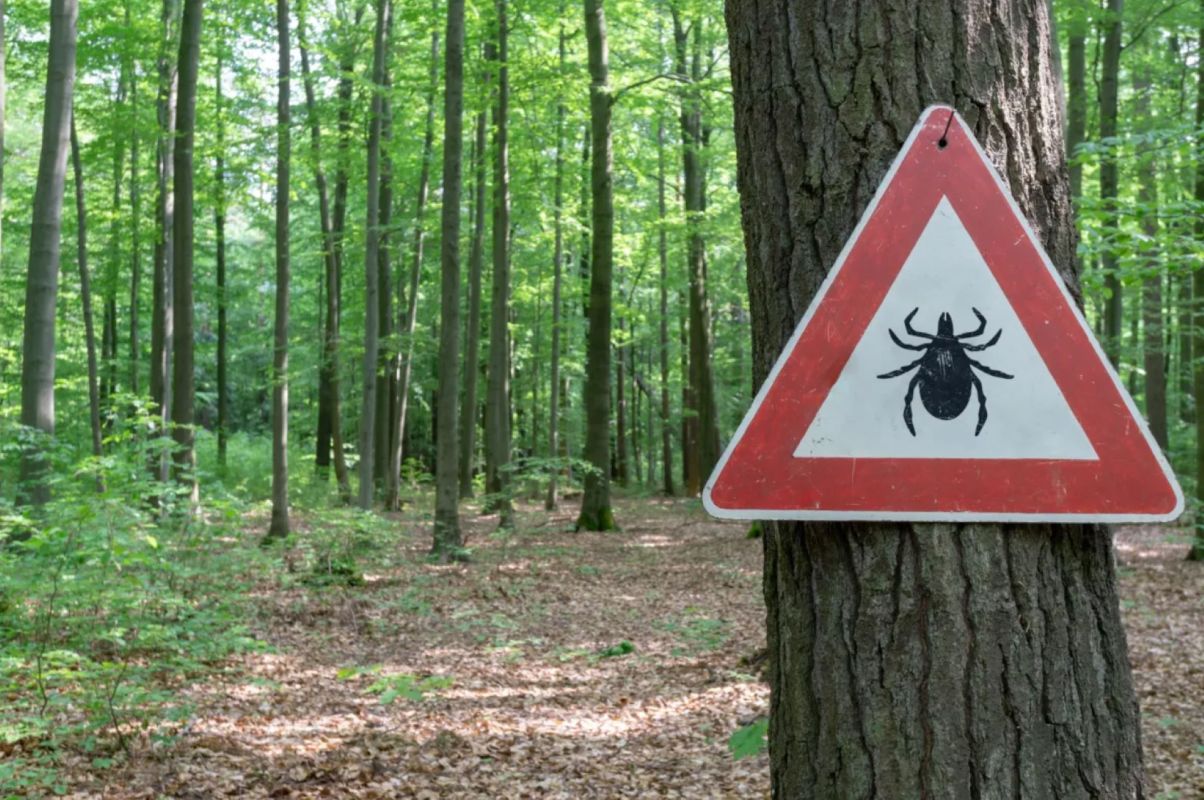Rising temperatures are expanding the areas where people are susceptible to tick-borne illnesses.
What happened?
A Connecticut man proffered a warning to others after he contracted Rocky Mountain spotted fever.
The disease is common in the southeast and southwest but is increasing in prevalence elsewhere, CBS New York reported April 9.
The mild winter led KJ Kelly outside, but in February he came down with symptoms similar to those of the flu. He headed to the hospital, where he spent nine days.
"I felt pretty bad. I was experiencing high fevers, like 104," Kelly told the outlet.
"... They're looking at your brain, your heart. I mean, it was scary."
Why is this concerning?
Rocky Mountain spotted fever is a bacterial disease spread through the bite of an infected tick, but it is not common in the Nutmeg State — just two cases are reported there per year, per CBS New York.
Dr. Asha Shah, director of infectious diseases at Stamford Health, however, told the station that more people are being diagnosed across the United States.
"Alarm has risen in recent years as warming temperatures intensify tick activity and disease risk," the Washington Post reported in a story about an epidemic in Mexico. "Cases of malaria, dengue fever, West Nile virus, and Lyme disease — infections transmitted by ticks and mosquitoes — have skyrocketed. Scientists worry that Rocky Mountain spotted fever, first identified in western Montana at the beginning of the 20th century, could spread to more regions."
Mosquitos as well as ticks have more time to reproduce because of warming weather. This increases disease incidences as the pests, other animals, and even fungi move into regions where they had not previously been.
What can be done?
Kelly recovered after taking antibiotics, though the disease can be fatal if it goes untreated.
Shah said people should check themselves, their children, and their pets for ticks, especially after outdoor activities such as hiking. Taking a shower within two hours of coming inside can help too.
"Just kind of be aware that this is a risk that's present here now in the Northeast," Kelly told CBS New York.
Join our free newsletter for cool news and cool tips that make it easy to help yourself while helping the planet.









